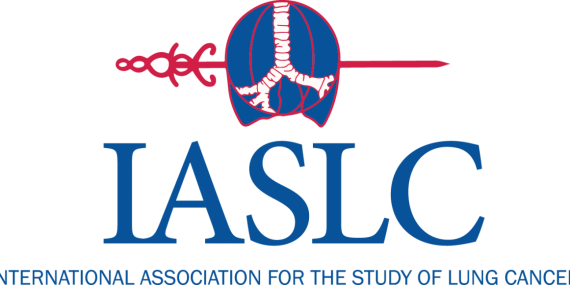
The lungs can be a difficult organ to biopsy with a needle, so the promise of identifying lung cancer through a blood-based biopsy has lung cancer experts and patients optimistic. Knowing how and when to use a liquid biopsy is critically important and led global experts at the International Association for the Study of Lung Cancer (IASLC) to issue “The IASLC Statement Paper: Liquid Biopsy for Advanced Non-Small Cell Lung Cancer (NSCLC),” now available online in the Journal of Thoracic Oncology.
“Liquid biopsy and its subsequent molecular analysis is a powerful tool that can determine the patient’s molecular tumor profile in order to determine the best therapeutic option and can be applied as an alternative to tissue testing in cases where tumor testing is not possible or tissue is not adequate,” said Fred R. Hirsch, MD, PhD, and CEO of the IASLC. “Gathering experts to collect and interpret a vast amount of information and to distribute best practices ensures that general oncologists and clinicians have access to the latest and best information in the emerging field of liquid biopsies.”
The International Association for the Study of Lung Cancer (IASLC) convened a multidisciplinary panel of thoracic oncology experts with interest and expertise in liquid biopsy and molecular pathology to evaluate currently available evidence with the aim of producing a set of recommendations for the use of liquid biopsy for molecular analysis in guiding the clinical management of advanced NSCLC patients as well as identifying unmet needs.
